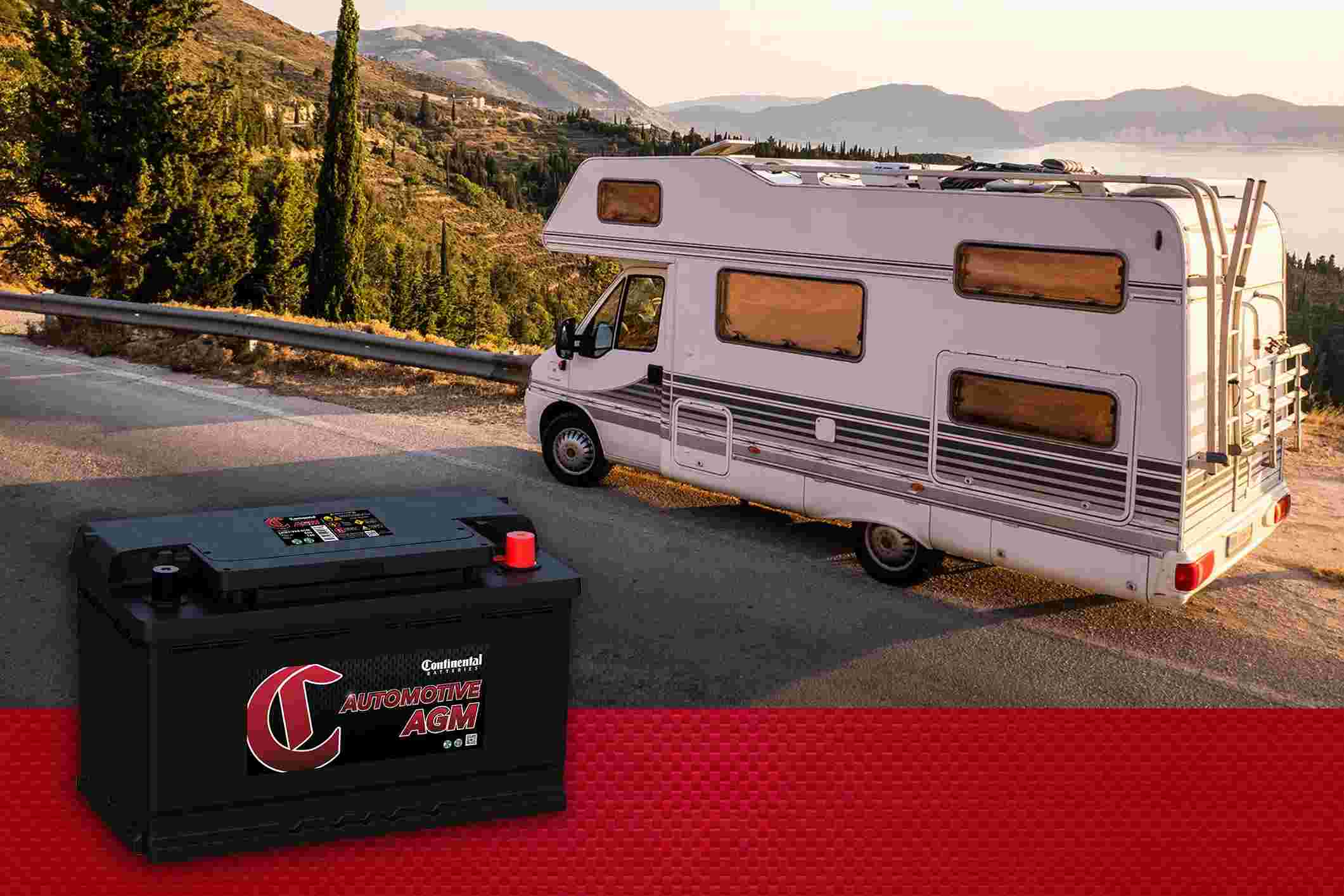
Selecting an RV battery involves considering several integral requirements such as the battery's voltage, which is commonly 12-volt to align with the standard RV electrical system, and the ampere-hour (Ah) rating that signifies the battery's capacity to supply power over time. Additionally, the battery's depth of discharge, which is the amount of energy that can be safely drawn from the battery before needing a recharge, plays a crucial role in determining its suitability for extended use. Compatibility with the RV's electrical load and solar charging system, as well as the physical dimensions to fit within the RV's battery compartment, are also vital factors. Moreover, the battery's lifespan, maintenance requirements, and safety features must be taken into account to ensure reliability and ease of use over time. Lastly, the cost and weight of the battery should be considered in relation to the performance and benefits it offers, as these will impact the overall value and practicality for RV owners.
Common types of RV batteries include AGM deep cycle batteries, deep cycle lead-acid batteries, lithium-ion (Li-ion) batteries, gel batteries, and lithium iron phosphate (LiFePO4) batteries.
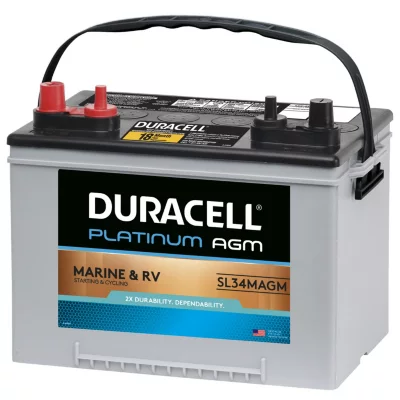
AGM deep cycle batteries are a superior choice for RV applications, offering a blend of performance and reliability. They are known for their high energy density, which means they can store a significant amount of power in a relatively small and lightweight package, making them ideal for space-constrained RVs. Their lifespan is impressive, often outlasting traditional lead-acid batteries by several years, thanks to their ability to withstand numerous charge and discharge cycles without significant degradation.
Charging efficiency is another strong suit of AGM batteries; they can be quickly recharged, which is beneficial for RVers who rely on intermittent power sources like solar panels or generators. When it comes to discharge performance, AGM batteries deliver consistent power output even under heavy loads, ensuring that RV appliances and systems operate smoothly.
Maintenance requirements for AGM batteries are minimal, which is a major advantage for RV users who prefer not to spend time on battery upkeep. They are sealed units, eliminating the need for watering or checking electrolyte levels, and they are less prone to corrosion, which can extend their service life.
Cost-wise, AGM batteries tend to be more expensive upfront than flooded lead-acid batteries, but their longevity and low maintenance can offset this higher initial investment over time. Safety features of AGM batteries include their sealed design, which reduces the risk of leakage and the associated hazards, making them safer for enclosed spaces within an RV.
Lastly, the weight and size of AGM batteries are advantageous. They are lighter than comparable flooded lead-acid batteries, which can contribute to better fuel efficiency and handling for the RV. Their compact size also allows for more flexible installation options, accommodating various RV layouts and designs. Overall, AGM deep cycle batteries provide a robust energy solution for RV enthusiasts, balancing performance with practicality.
Deep cycle lead-acid batteries, a staple in the RV world, offer a tried-and-true energy storage solution with several defining characteristics. They have moderate energy density, meaning they can store a considerable amount of energy but may be bulkier compared to newer technologies like lithium-ion. Their lifespan typically ranges from four to eight years, contingent upon regular maintenance and optimal operating conditions, which underscores the importance of proper care to achieve their full potential.
Charging efficiency for deep cycle lead-acid batteries is generally good, but they require a controlled charging process to prevent overcharging, which can lead to a reduction in overall battery life. Their discharge performance is reliable, providing steady power output to RV appliances, although they may not offer the same depth of discharge as some advanced battery types.
Maintenance requirements for these batteries are more involved than for AGM or gel batteries. They necessitate regular inspections and watering to replenish the electrolyte, ensuring the battery's health and performance. This added maintenance can be a drawback for RV users who desire a 'set it and forget it' approach.
Cost-wise, deep cycle lead-acid batteries are often more budget-friendly upfront, making them accessible to a wider range of RV enthusiasts. However, the long-term costs may be higher due to the need for more frequent replacement and the additional maintenance involved.
Safety features include their robust construction, but they do require proper ventilation due to the release of potentially explosive gases during charging. This necessitates careful installation and handling to mitigate any safety risks.
In terms of weight and size, deep cycle lead-acid batteries are heavier and larger than their AGM or lithium counterparts, which can impact the overall carrying capacity and fuel efficiency of an RV. Despite these factors, their proven reliability and cost-effectiveness make them a popular choice for many RVers who are willing to invest the time in their upkeep.
Lithium-ion (Li-ion) batteries are a cutting-edge choice for RV power solutions, distinguished by their exceptional energy density which allows for a compact and lightweight design without compromising on the power storage capacity. This high energy density translates to a smaller footprint and less weight in the RV, enhancing fuel efficiency and maneuverability. Their lifespan is notably longer than traditional lead-acid batteries, often lasting between 5 to 10 years or more, thanks to the ability to endure a high number of charge cycles before experiencing capacity loss.
Charging efficiency is a standout feature of Li-ion batteries, with the capability to accept fast charging rates without damage, making them ideal for RVs equipped with solar panels or other renewable energy sources. Their discharge performance is smooth and consistent, providing stable power output even under heavy loads, ensuring reliable operation of RV appliances and electronics.
Maintenance requirements for Li-ion batteries are minimal, reducing the need for regular checks and interventions that are typical with lead-acid batteries. They are also less susceptible to the effects of deep discharges, which can be a common occurrence in RV use, further contributing to their low maintenance nature.
However, Li-ion batteries come with a higher initial cost compared to other battery types, which can be a significant consideration for budget-conscious buyers. Despite the higher upfront expense, their longevity and performance can justify the investment over time.
Safety features of Li-ion batteries include advanced battery management systems that monitor and protect against overcharging, over-discharging, and short-circuiting. These systems are crucial for preventing thermal events and ensuring the safe operation of the batteries within the RV environment.
In terms of weight and size, Li-ion batteries offer a clear advantage over traditional batteries, with a significantly lower weight for the same energy capacity, making them an attractive option for RVers seeking to maximize energy storage without adding excessive weight to their vehicle. Overall, Li-ion batteries represent a powerful and modern energy solution for RVs, providing a balance of high performance, convenience, and safety, albeit at a premium cost.
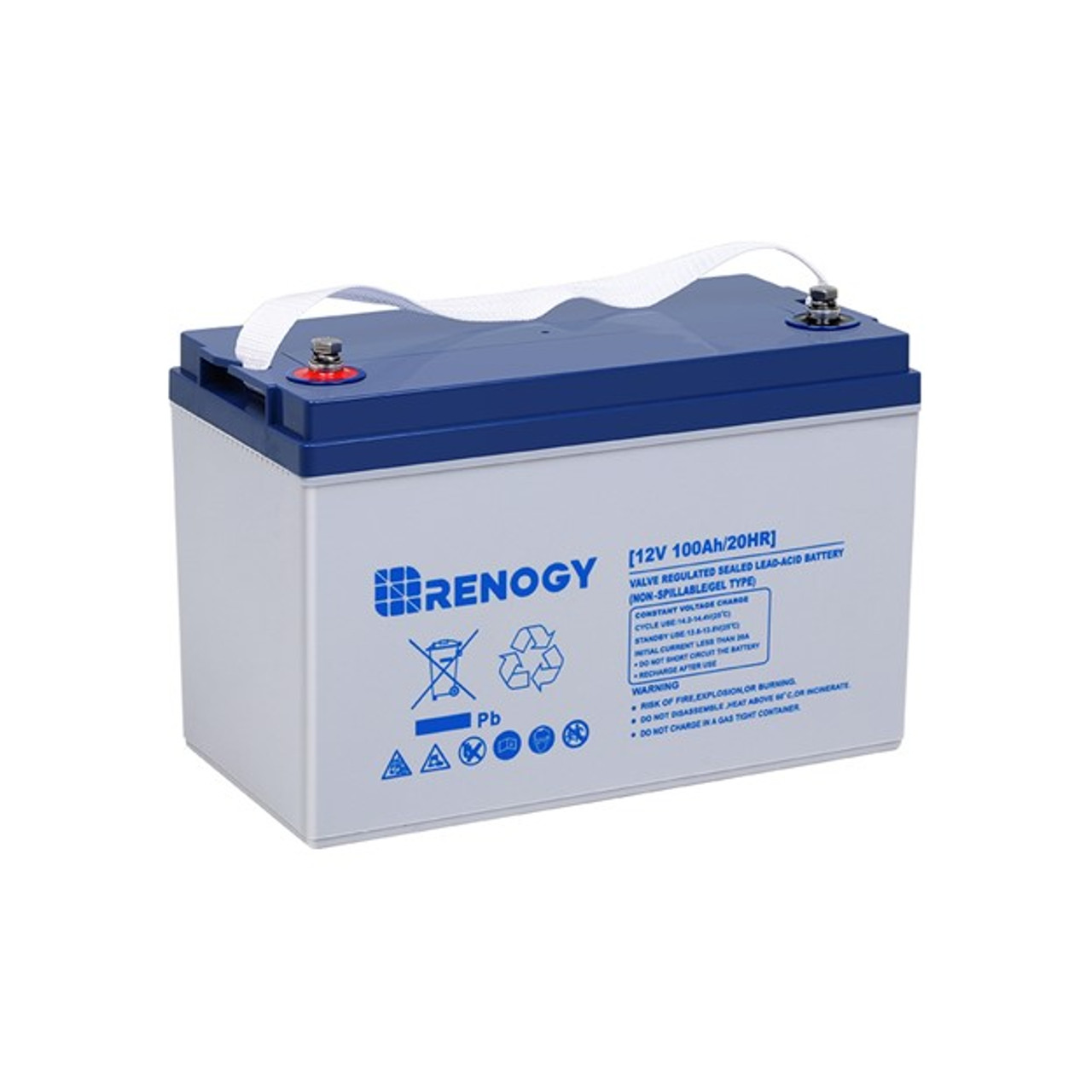
Gel batteries, a variation of the traditional lead-acid battery, offer a unique set of characteristics that make them a viable option for RV power needs. They are known for their enhanced safety features due to the gel-like consistency of the electrolyte, which significantly reduces the risk of leakage and the associated hazards, making them suitable for use in various orientations within an RV. This gel formulation also contributes to a moderate energy density, allowing for a reasonable amount of power storage in a stable and reliable package.
The lifespan of gel batteries is typically shorter than that of AGM or Li-ion batteries, with an average life expectancy ranging from two to four years, although with proper care and maintenance, they can potentially last longer. Charging efficiency for gel batteries is quite good, as they can be charged at various rates without the same risks of damage seen in other battery chemistries. Their discharge performance is consistent and reliable, providing steady power output to RV appliances and electronics.
Maintenance requirements for gel batteries are less frequent than for flooded lead-acid batteries, as they do not require watering, but they do necessitate periodic checks to ensure optimal performance and longevity. The cost of gel batteries tends to be higher than flooded lead-acid batteries but lower than AGM and Li-ion options, offering a middle ground in terms of affordability.
Safety features are one of the strong suits of gel batteries, as the solidified electrolyte reduces the risk of leakage and the potential for hydrogen gas buildup during charging. This makes them a safer choice for enclosed spaces within an RV. In terms of weight and size, gel batteries are similar to AGM batteries, being relatively heavy for their energy capacity, which can be a consideration for RV owners who are mindful of their vehicle's payload and fuel efficiency.
Overall, gel batteries provide a balance of safety, reliability, and moderate performance, making them a solid choice for RV owners who prioritize safety and are willing to manage the maintenance requirements to ensure the longevity of their battery investment.
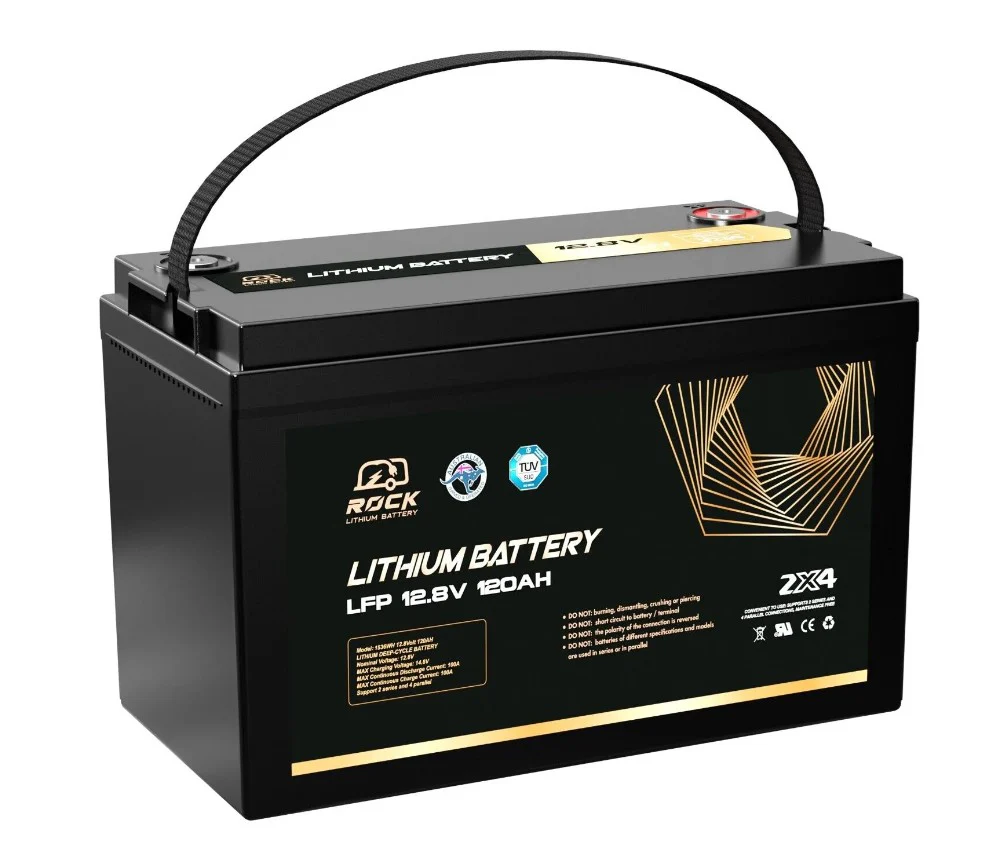
Lithium iron phosphate (LiFePO4) batteries are emerging as a leading choice for RV power needs, offering a range of compelling attributes. These batteries boast a high energy density, allowing for a compact and lightweight design that still delivers substantial power, which is ideal for the mobile and space-limited environment of an RV. Their lifespan is notably extended, often exceeding the lifespan of traditional lead-acid batteries, with the ability to go through thousands of charge cycles before showing significant degradation, providing long-term value and reliability.
Charging efficiency is impressive with LiFePO4 batteries, as they can be charged quickly without the risk of damage that can affect other battery chemistries. This makes them highly compatible with solar charging systems and other intermittent power sources common in RV setups. Their discharge performance is smooth and consistent, providing stable power to RV appliances and electronics, even under high load demands.
Maintenance requirements for LiFePO4 batteries are minimal, as they are less susceptible to the effects of deep discharges and do not require the same level of ongoing care as other battery types. This low-maintenance nature is a significant advantage for RV owners who value convenience and reliability.
The cost of LiFePO4 batteries is typically higher than that of traditional lead-acid batteries, reflecting their advanced technology and superior performance characteristics. However, their long lifespan and low maintenance can offset the higher initial investment over time.
Safety features of LiFePO4 batteries include their resistance to overheating and thermal runaway, which are critical safety considerations for any battery used in an RV. Their chemistry is inherently stable, reducing the risk of dangerous incidents.
In terms of weight and size, LiFePO4 batteries are lighter and more compact than equivalent lead-acid batteries, contributing to improved fuel efficiency and handling for the RV. Their compact size also allows for more flexible installation options, accommodating various RV layouts and designs.
Overall, LiFePO4 batteries offer a powerful combination of high performance, safety, and convenience, making them an increasingly popular choice for RV owners seeking a reliable and efficient power source for their mobile adventures.
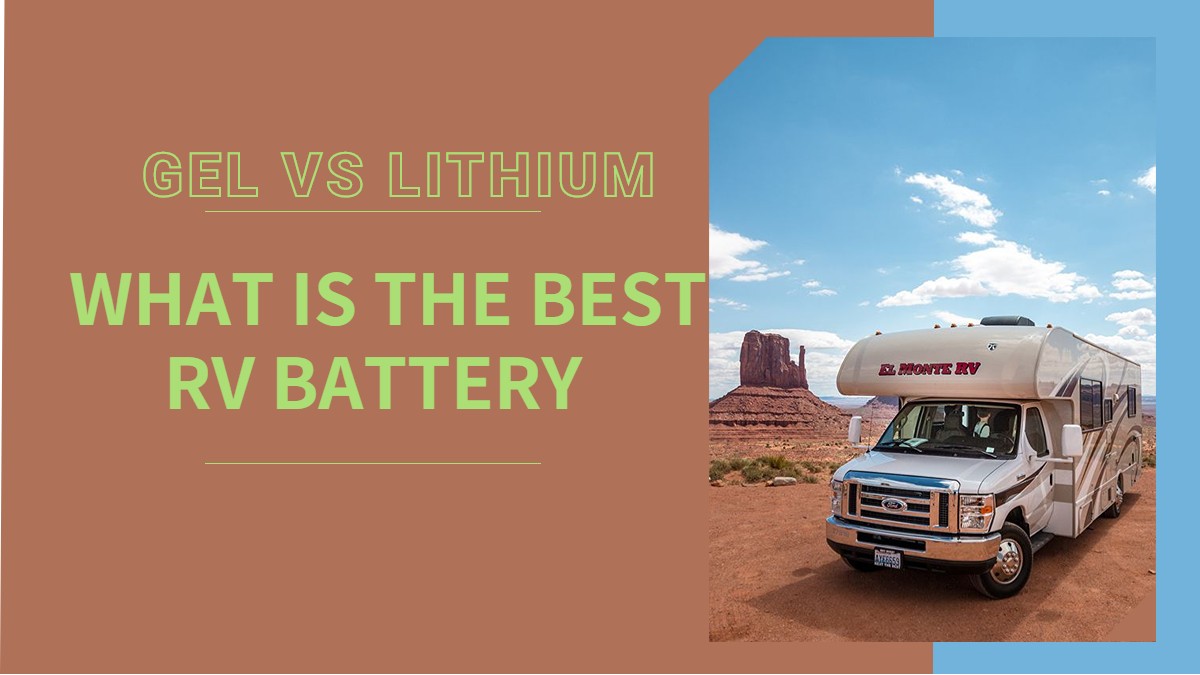
When selecting an RV battery based on various criteria, it's important to consider the specific needs and priorities for your usage. If your primary concern is the longest-lasting battery in terms of endurance and sustained power delivery, lithium iron phosphate (LiFePO4) batteries are the best choice due to their superior energy density and ability to maintain a consistent voltage over longer periods. They also have a very long cycle life, often thousands of cycles more than other types. For safety and stability, gel batteries are a solid option as they are designed to prevent leakage and are resistant to extreme temperatures, making them less prone to overheating or thermal runaway issues. If you are focused on the overall lifecycle and maintenance costs, AGM deep cycle batteries are advantageous because they are maintenance-free, resistant to vibration, and have a decent lifespan, although not as long as LiFePO4. For those primarily concerned with the upfront cost, traditional deep cycle lead-acid batteries are the most economical choice, though they require regular maintenance and have a shorter lifespan compared to other types. Each battery type has its strengths, so the best choice depends on your specific priorities and use case.
Listing some well-known brands for different types of RV batteries can help you better choose the right battery for you. Here are some famous brands listed according to the type of battery.
AGM deep cycle batteries
Optima batteries - The Optima YellowTop series is renowned for its high performance and durability.
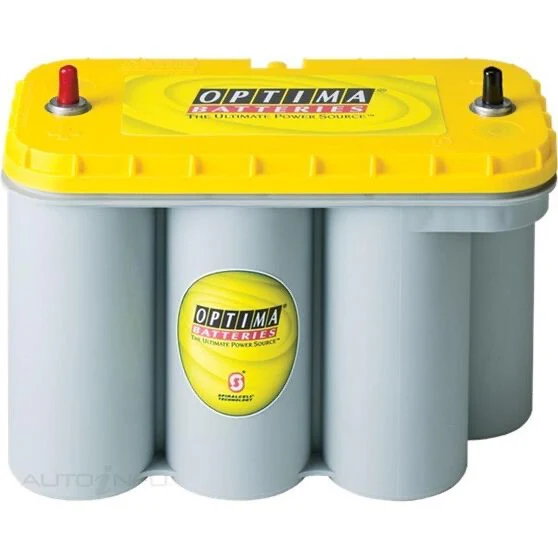
Battle Born batteries - Known for their durability and reliability, suitable for various harsh environments.
Trojan battery company - Trojan's AGM batteries are known for their high performance and long life.
Deep cycle Lead-Acid batteries
Trojan battery company - Trojan's T-105 series is a classic in deep cycle lead-acid batteries, widely used in RVs and other applications.
Crown battery - Crown's deep cycle lead-acid batteries are known for their durability and high performance.
US battery - US Battery offers high-quality deep cycle lead-acid batteries, suitable for various applications.
Lithium-Ion (Li-ion) batteries
Battle Born batteries - Known for producing high-quality lithium-ion batteries suitable for various RV applications.
Renogy - Renogy's lithium-ion batteries are known for their high efficiency and reliability.
Relion - Relion's lithium-ion batteries are known for their long life and high performance.
Gel batteries
Lifeline batteries - Lifeline's gel batteries are known for their high performance and long life, suitable for various RV applications.
Trojan battery company - Trojan's gel batteries are known for their reliability and long life.
Deka batteries - Deka's gel batteries are known for their high quality and durability.
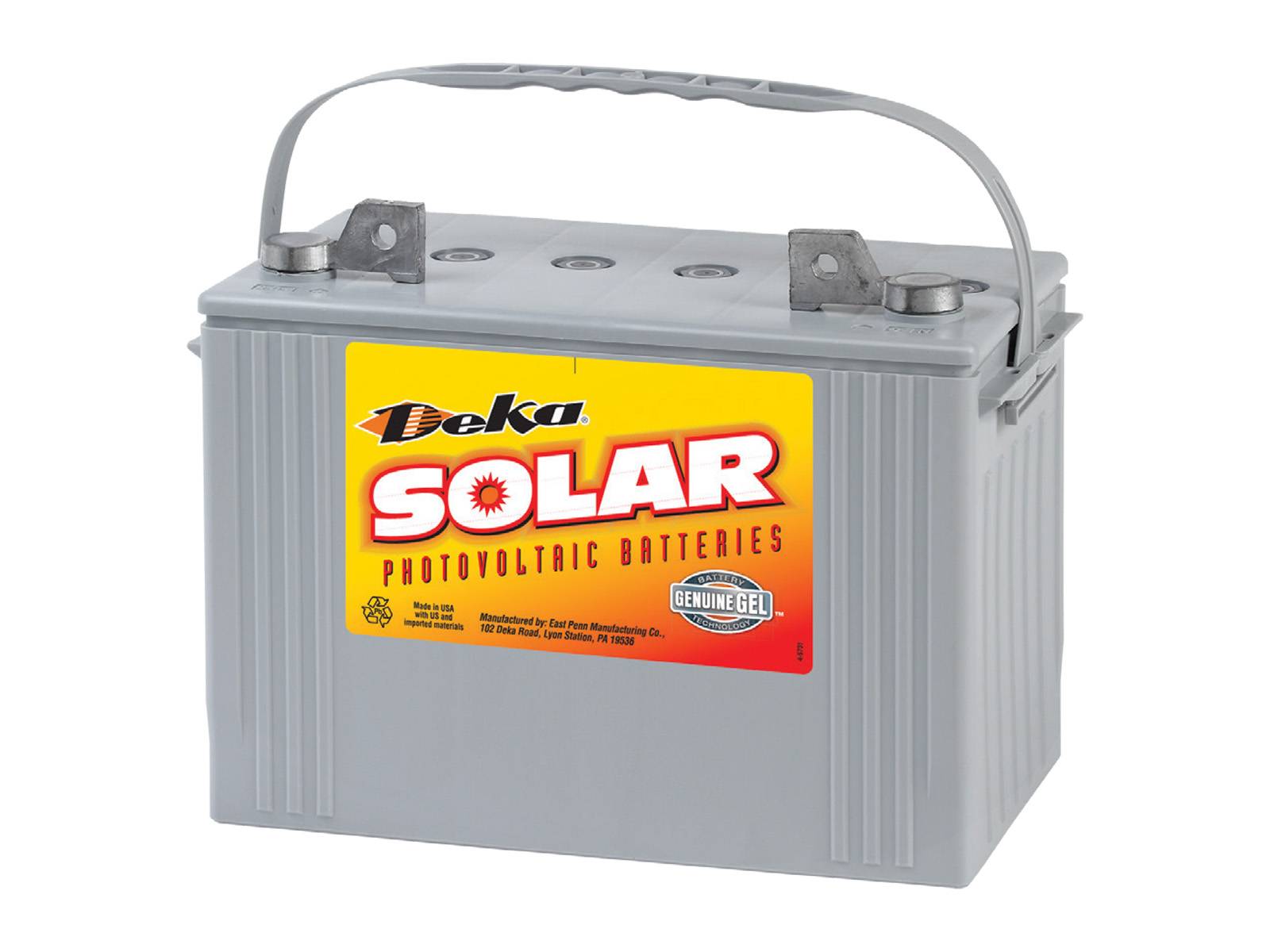
Lithium lron phosphate (LiFePO4) batteries
Battle Born batteries - Known for producing high-performance LiFePO4 batteries, suitable for various harsh environments.
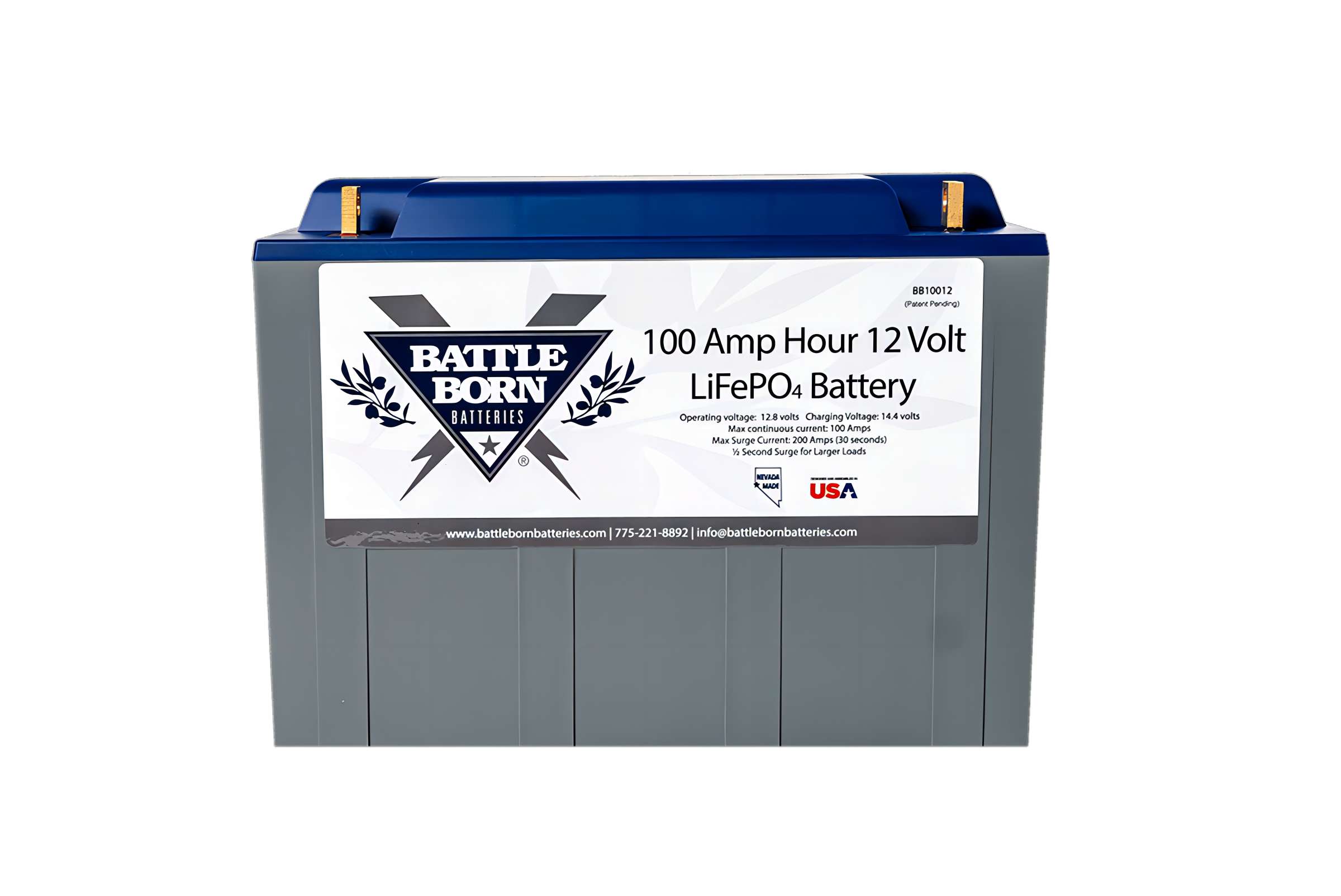
Renogy - Renogy's LiFePO4 batteries are known for their high efficiency and reliability.
Relion - Relion's LiFePO4 batteries are known for their long life and high performance.
Victron energy - Victron Energy's LiFePO4 batteries are widely used in RVs and other high-demand applications due to their high reliability and performance.
These brands have a good reputation in their respective fields, and choosing the right brand and model will help ensure you get the best battery performance and reliability in your RV



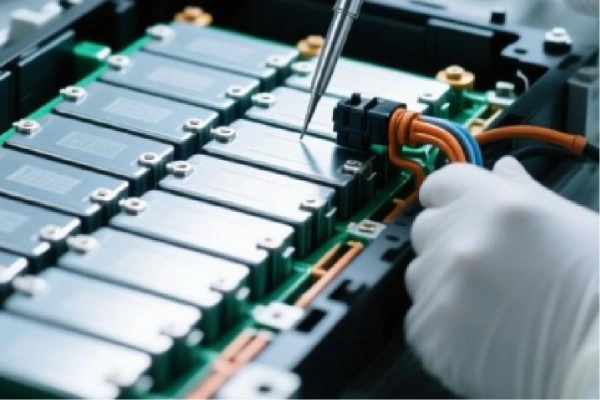
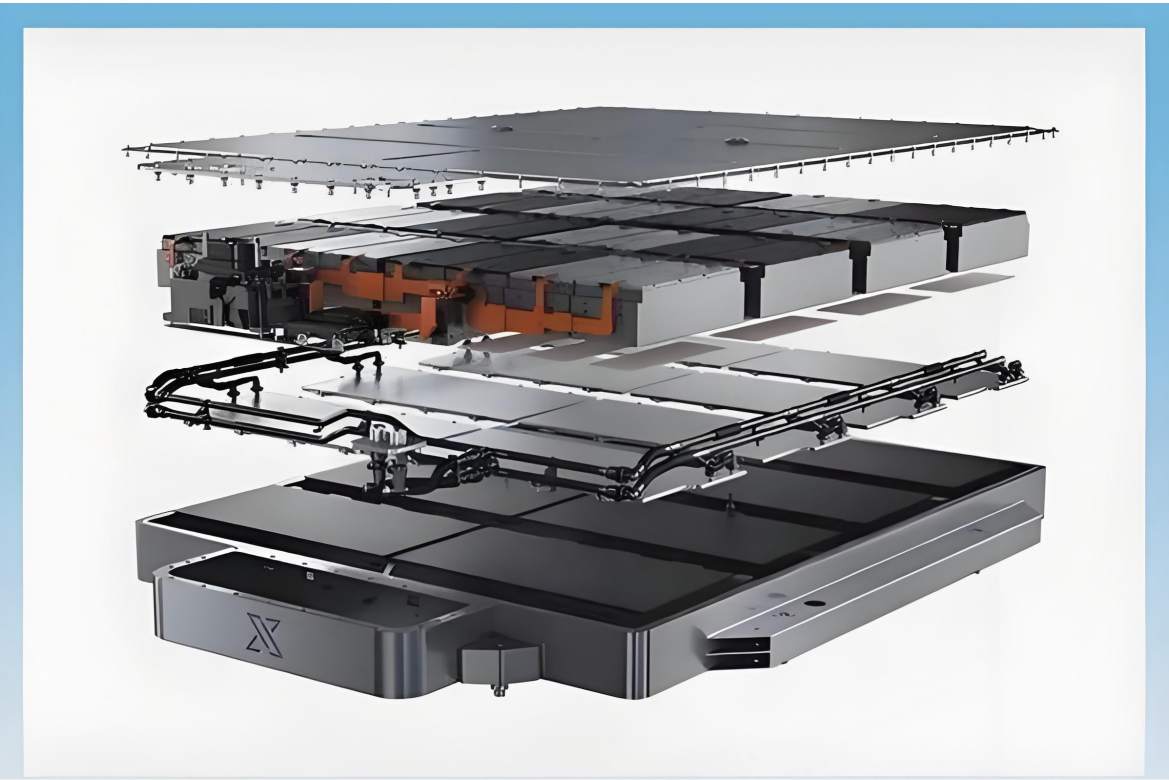


Technology
December 04, 2025
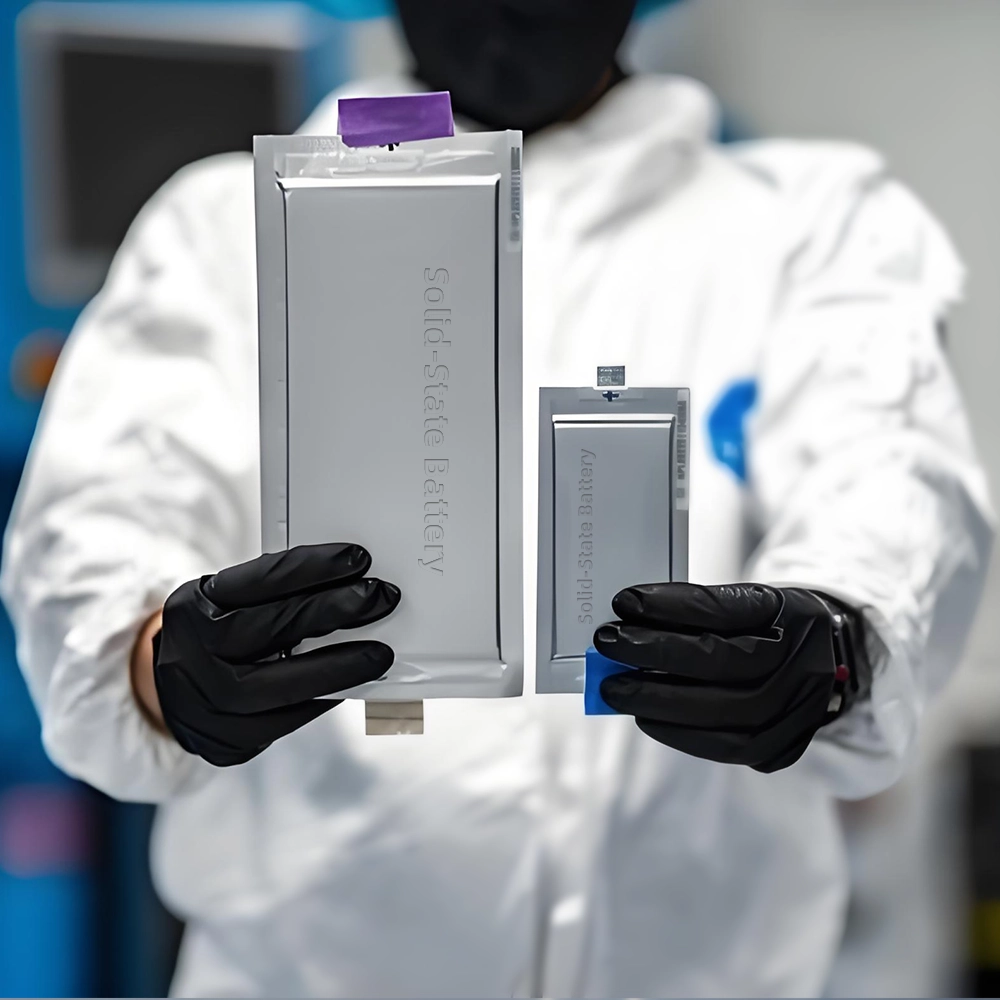
The lab focuses on solid-state battery research to overcome traditional lithium batteries' safety and energy density issues, supporting environmental sustainability. It develops innovative solid-state electrolytes, refines electrode materials, and investigates ion transfer and interface stability to revolutionize battery technology.
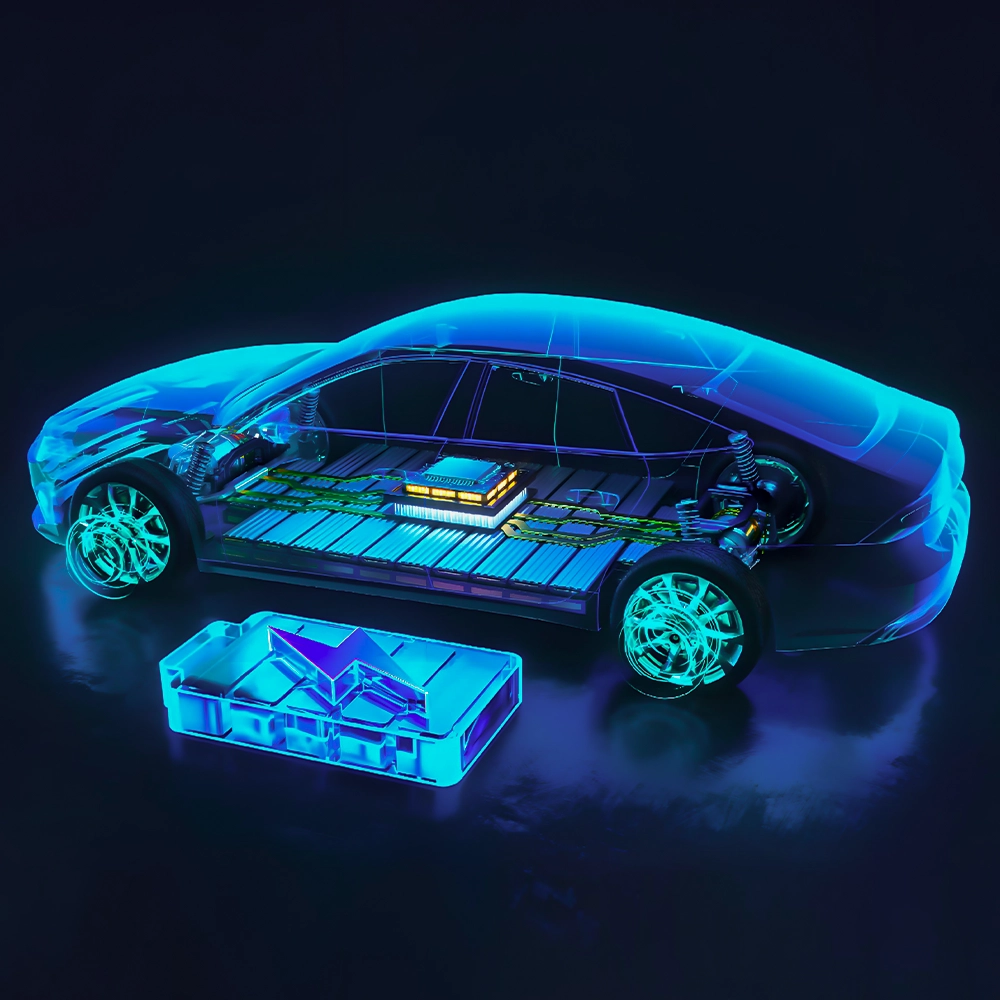
The electric vehicle battery industry is rapidly developing, focusing on technological innovation, market competition, and sustainability. Research hotspots include solid-state batteries, new types of electrolytes, BMS optimization, and recycling technologies. The environmental adaptability, safety, and economic viability of batteries are key research areas, and the industry is expected to undergo more innovation and transformation.
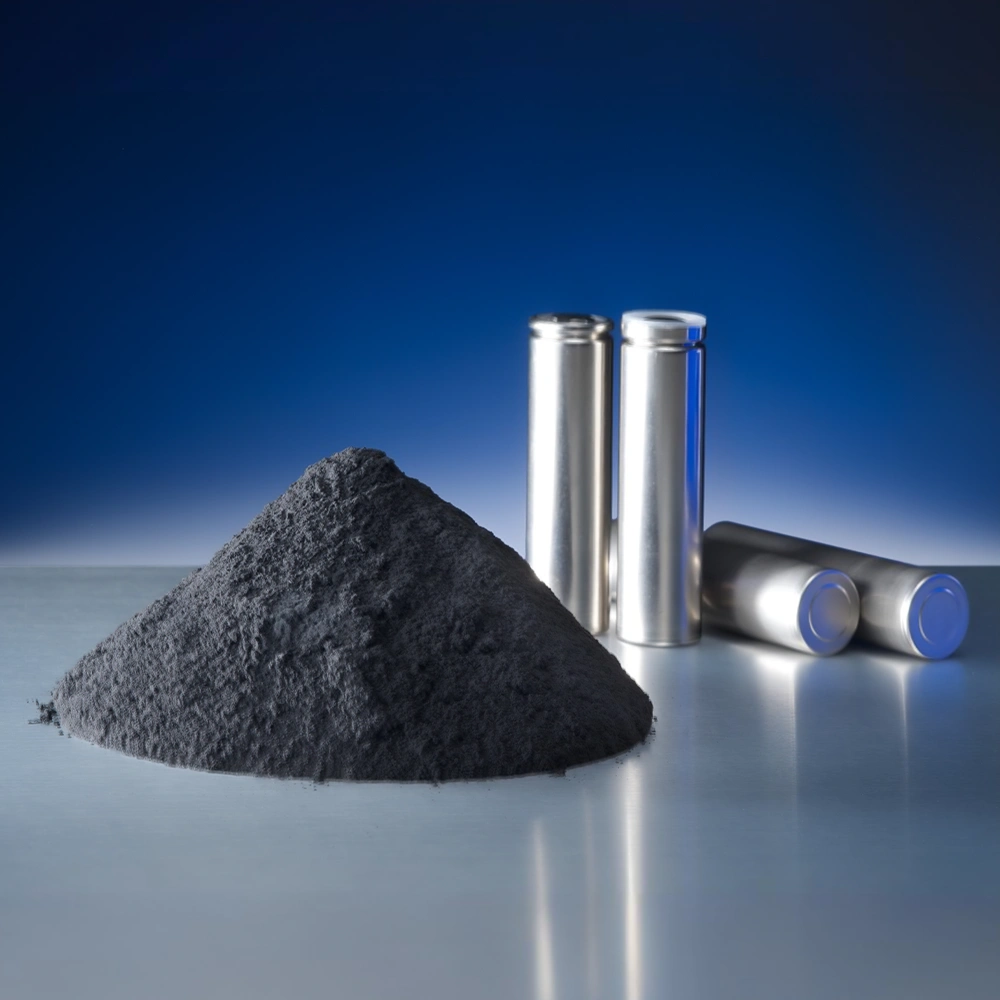
We specialize in battery preparation technology research, focusing on overcoming existing energy storage challenges by innovating in electrode materials, battery chemistry, and manufacturing processes to improve performance, enhance safety, and reduce costs. Sustainability and recycling technologies for batteries are also emphasized to mitigate environmental impacts and foster the growth of green energy.